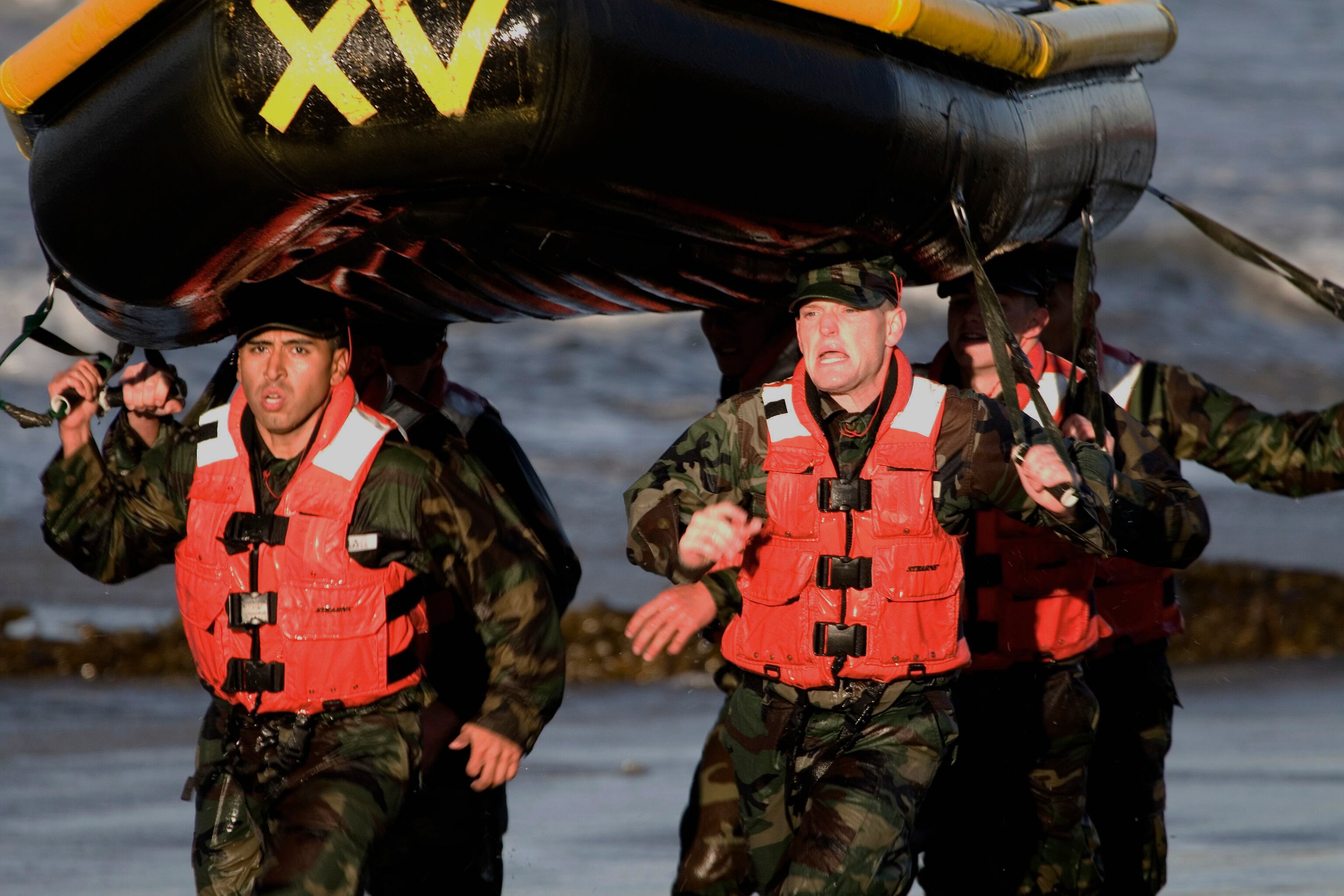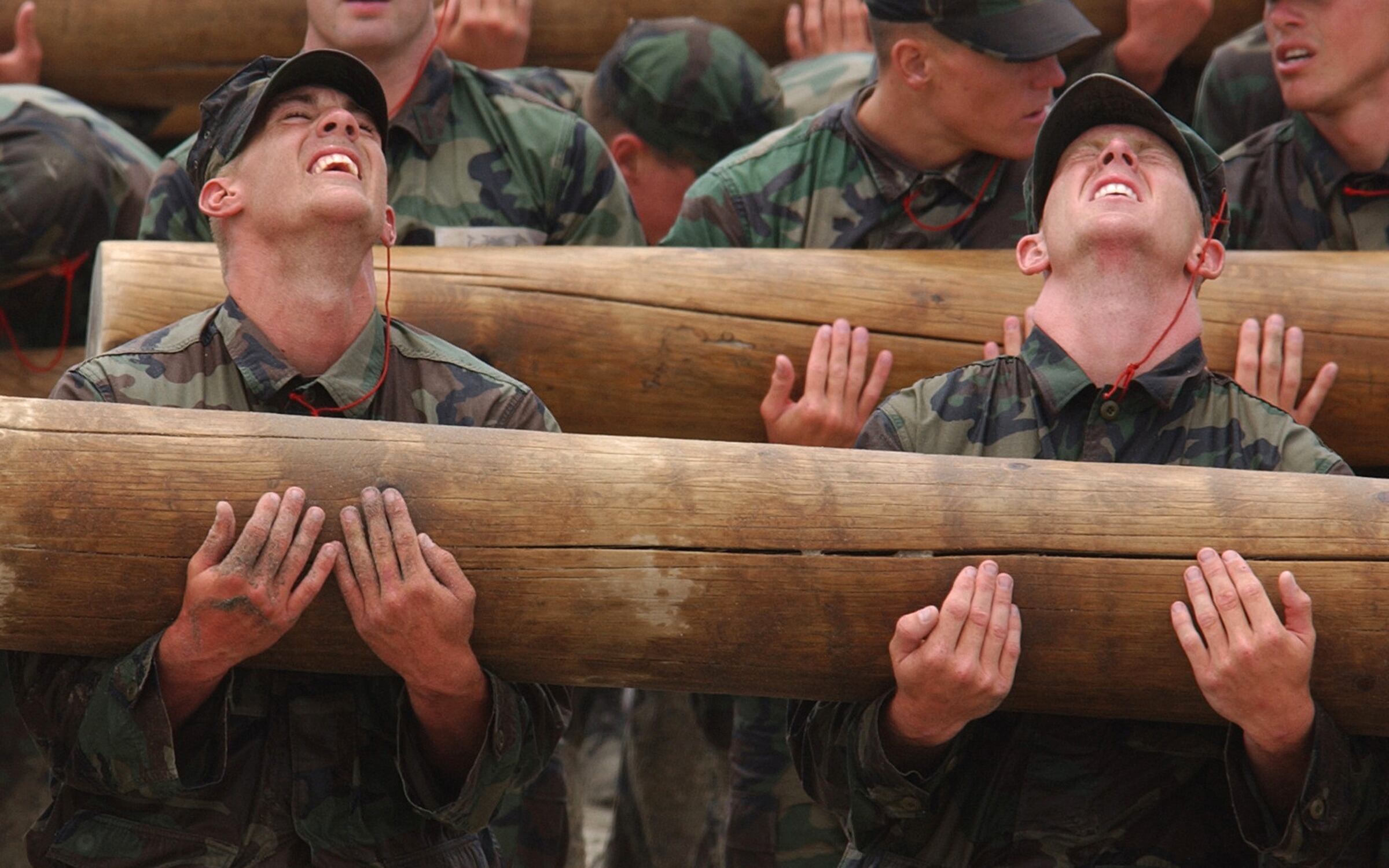Two years after the Navy’s elite special warfare operating billets were opened to women, the service could be on the verge of seeing their first female candidates step up to the challenge.
That’s what Vice. Adm. Robert P. Burke told the Senate Armed Services Personnel Subcommittee during his Feb. 14 testimony.
Burke and other service personnel chiefs were asked to give Senator Kirstin Gillibrand (D-N.Y.) an update on the participation of women in billets that, until recently, were closed to them.
RELATED

Burke told the committee that two women — one officer and one enlisted — are getting closer to taking a shot at becoming special operators.
A soon-to-be-ensign recently qualified physically for the SEALs, but has yet to commit to the additional screening, known as the SEAL Officer Assessment and Selection program.
Last year, a female midshipman, who was the first to attempt the program, dropped out.
Making it through that program could then lead to her entering Basic Underwater Demolition/SEAL training, or BUD/S, after she is commissioned this spring.
“There is a Naval Academy first class midshipman that has expressed interest,” Burke said. “She’s passed the physical screening test and may apply. She has not applied yet, but you know if she does, she would be eligible to go through additional screening this spring and summer,” Burke said.
On the enlisted side, there currently are no women in the SEAL training pipeline, but Burke said there is an applicant for another special operations program inching closer to training.
“We have one [enlisted] woman that will start special warfare combat crew training in May,” Burke said. “She’s in her delayed entry program.”
RELATED

Burke went on to describe that between boot camp and any of the diver, explosive ordnance, SEAL or special warfare boat operator courses, all candidates, men and women, go through a preliminary screening and conditioning program at Great Lakes.
The program was put into place over a decade ago to reduce attrition and has been quite successful.
Burke said that the Navy has actively sought out women who might be interested in these programs since limitations were lifted in early 2016, and is continuing those efforts.
He identified special operations as one of the most difficult programs to recruit for. For the first time in many years, he told lawmakers, recruiters failed to meet their special operations goals in FY17.
To remedy that, the service is not only looking for raw recruits, but experienced sailors as well.
“One of our predominant ways of entry into the SEAL program is folks that are already in recruit training command or at the Naval Academy ... or in ROTC,” Burke said. ”So there’s already an internal Navy program for attracting folks to apply.”
Mark D. Faram is a former reporter for Navy Times. He was a senior writer covering personnel, cultural and historical issues. A nine-year active duty Navy veteran, Faram served from 1978 to 1987 as a Navy Diver and photographer.





